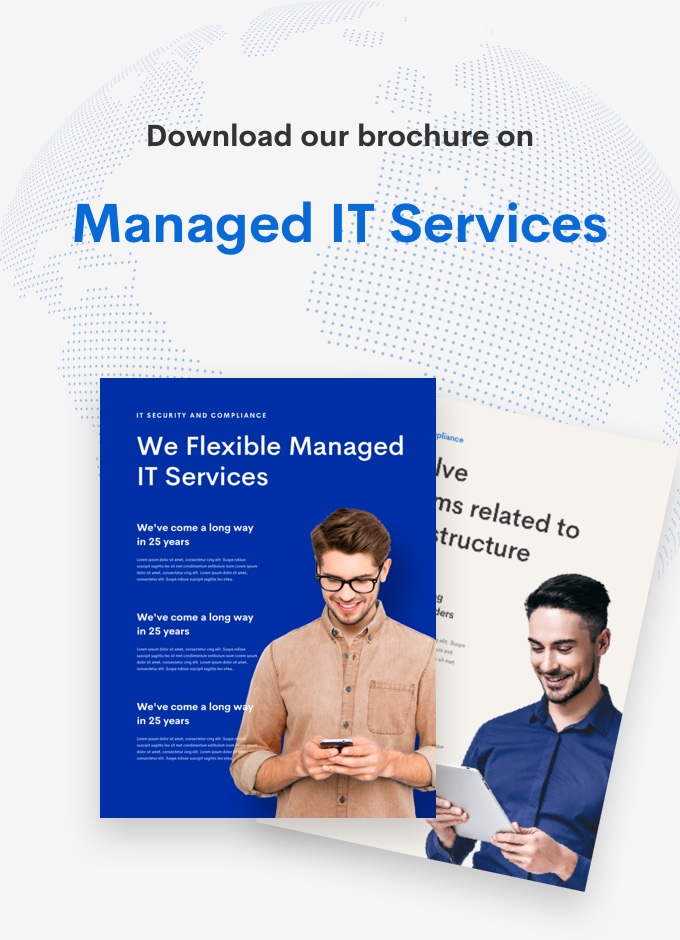How Next-Gen Content Services Drive Digital Transformation in Higher Education

How Next-Gen Content Services Drive Digital Transformation in Higher Education
Digital transformation is reshaping every industry, and higher education is no exception. As students and faculty increasingly rely on technology, the need for modern, innovative learning solutions has grown. One of the key drivers of this transformation is the implementation of next-gen Higher Education Content Services. These services go beyond traditional educational resources, offering smart learning solutions, robust design principles, and digitally driven delivery methods tailored to the evolving needs of educational institutes.
This blog will explore how next-gen content services are playing a critical role in the digital transformation of higher education, making learning more engaging, accessible, and aligned with the future needs of industries and students alike.

1. The Role of Digital Transformation in Higher Education
Digital transformation in higher education is the integration of digital technologies into every aspect of an institution’s operations, from teaching and learning to administration and student engagement. As educational systems evolve, the focus has shifted toward providing more personalized, efficient, and flexible learning experiences that meet the diverse needs of students.
Why is Digital Transformation Important in Higher Education?
- Adapting to Changing Learning Environments: With more students opting for online and blended learning models, institutions must provide seamless digital learning experiences.
- Enhancing Student Engagement: Digital tools can offer interactive content, virtual classrooms, and personalized learning paths that cater to individual learning preferences.
- Preparing Students for the Workforce: As industries undergo digital transformation, students need to acquire digital skills and competencies that will prepare them for modern job markets.
Next-gen Higher Education Content Services in USA are at the forefront of this transformation, providing solutions that enable institutions to deliver innovative learning experiences that bridge the gap between education and industry needs.
2. What Are Next-Gen Content Services?
Next-gen content services refer to modern educational content solutions designed to meet the digital needs of both students and educators. These services are characterized by their smart learning approaches, robust design principles, and digitally driven content delivery methods. They aim to create personalized, engaging, and interactive learning environments that foster deeper understanding and knowledge retention.
Key Features of Next-Gen Content Services:
- Smart Learning Approaches: Leveraging AI, data analytics, and adaptive learning technologies to personalize education for individual students.
- Robust Design Principles: Develop high-quality educational content that is intuitive, user-friendly, and visually engaging to enhance learning.
- Digitally Driven Delivery: Utilizing online platforms, mobile applications, and other digital tools to deliver content in flexible and accessible ways.
3. How Next-Gen Content Services Enhance Student Engagement
One of the most significant benefits of next-gen content services is their ability to enhance student engagement. Traditional lectures and textbooks are no longer sufficient to capture students’ attention. Today’s learners expect dynamic and interactive content that can be accessed anytime and anywhere.
Engaging Content and Interactive Learning Tools
Next-gen content services employ a variety of multimedia elements such as videos, simulations, quizzes, and gamified content to make learning more engaging. Interactive tools allow students to actively participate in their education, whether through virtual labs, discussion boards, or collaborative projects.
Personalized Learning Experiences
With the help of adaptive learning technologies, next-gen content services can tailor educational content to the individual needs of each student. By analyzing student performance data, these tools can offer personalized recommendations, helping students focus on areas where they need the most improvement.
On-Demand Access to Educational Resources
Digitally driven delivery allows students to access educational content anytime and anywhere, ensuring flexibility in their learning schedule. This is especially important for non-traditional students, such as working professionals or those who require a more flexible study routine.
4. Smart Learning Approaches: AI and Data-Driven Education
Next-gen content services heavily rely on smart learning approaches, which use technologies such as artificial intelligence (AI), machine learning, and data analytics to revolutionize the way educational content is delivered.
AI-Powered Adaptive Learning
AI is transforming education by creating adaptive learning platforms that adjust the content based on each student’s learning pace and preferences. These platforms use data analytics to monitor student progress and provide personalized recommendations, such as additional reading material or targeted practice exercises.
Data Analytics for Student Success
Next-gen Higher Education Content Services use data analytics to track student performance and identify trends that may impact learning outcomes. This data can be used by educators to identify struggling students early on and provide timely interventions, ultimately improving retention and graduation rates.
Smart Learning in Practice
For example, a student struggling with a specific math concept might be presented with additional practice problems or alternative explanations tailored to their learning style. Similarly, AI-powered chatbots can provide instant feedback and support, answering student queries in real time.
5. Robust Design Principles for Effective Learning
The success of next-gen content services also lies in their robust design principles, which prioritize user-friendly, intuitive, and visually engaging content. Effective content design is essential for keeping students engaged and making complex information more digestible.
User-Centered Design
User-centered design ensures that the content is accessible and easy to navigate, allowing students to focus on learning rather than grappling with complicated interfaces. This involves creating platforms that are intuitive, responsive, and designed with the end-user in mind.
Visual and Interactive Elements
Incorporating visuals, infographics, and animations helps simplify complex topics, making them easier for students to understand. Interactive elements such as drag-and-drop exercises, virtual simulations, and interactive quizzes encourage active learning and help reinforce concepts.
Mobile-First Design
Given the increasing use of smartphones and tablets in education, next-gen content services often follow a mobile-first design approach. This ensures that students can access learning materials on their mobile devices without any loss of functionality or quality.
6. Digitally Driven Delivery: Reaching a Global Audience
Digitally driven delivery methods are one of the key features of next-gen content services, allowing educational content to reach a broader audience. Whether through online learning platforms, mobile apps, or digital courseware, these services make education more flexible and accessible to students around the world.
Online Learning Platforms
Online platforms provide a centralized location for students to access their courses, assignments, and resources. This streamlines the learning process and allows students to learn at their own pace.
Mobile Learning Applications
Mobile apps provide students with on-the-go access to their learning materials, enabling them to study from anywhere. This is particularly useful for distance learners or those juggling education with other commitments.
7. Bridging the Gap Between Higher Education and Industry
One of the main goals of next-gen Higher Education Content Services is to bridge the gap between higher education institutions and industry needs. As industries evolve due to rapid technological advancements, educational institutions must keep pace by providing relevant and up-to-date content that prepares students for the workforce.
Aligning Curriculum with Industry Standards
Next-gen content services help institutions design curricula that align with current industry standards and job market demands. By integrating real-world case studies, project-based learning, and industry partnerships, these services ensure that students are equipped with the skills they need to succeed in their chosen careers.
Preparing Students for the Digital Economy
With digital transformation impacting nearly every industry, students must graduate with the digital skills required in the modern workforce. Next-gen content services offer courses and training in emerging technologies such as AI, data analytics, and blockchain, ensuring that students are well-prepared for the digital economy.
Lifelong Learning Opportunities
Next-gen content services also provide opportunities for lifelong learning, enabling professionals to continuously upgrade their skills and stay competitive in the job market. This is especially important in industries where technological advancements rapidly change job requirements.

Bottom Line
Next-gen Higher Education Content Services are driving the digital transformation of higher education by offering smart learning approaches, robust design principles, and digitally driven delivery methods. These services enhance student engagement, improve learning outcomes, and ensure that students are prepared for the future workforce.
At OliveQSol, we bridge the talent gap between businesses and higher education institutions by offering cutting-edge content services. Our solutions combine smart learning approaches, robust design principles, and digitally driven delivery to meet the evolving needs of educational institutes and companies. To get more detailed information about our Online Training Courses, you must visit our website, OliveQSol today!


